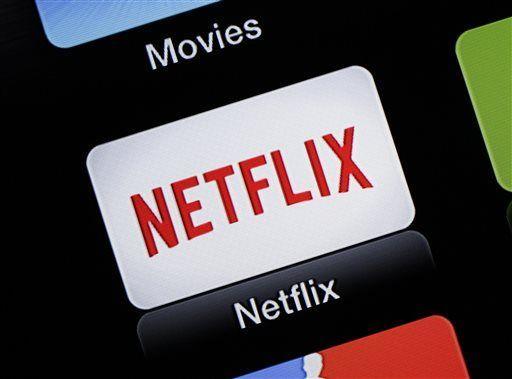“I don’t own a TV, it’s all so basic,” said every yuppie at their first cocktail party post-1987. This phrase used to make a person the most sophisticated one in the room and let everyone know how much those years at college rubbed off.
However, the coolest hipster-bro on the block now is the biggest couch potato.
Nothing shoots a person to the top of the social ladder like being able to bashfully admit having access to Hulu, Netflix, HBO Go, Amazon Prime, WatchESPN and any other streaming service with popular programs.
Firing up the TV and letting countless hours pass with “Adventure Time,” “Game of Thrones,” “Scandal,” “House of Cards,” “Unbreakable Kimmy Schmidt,” “Louie” and other lesser-known shows can make previously made plans go up in smoke. Binge-watching is a form of escapism, as Netflix found “76% of TV streamers said watching several episodes at a time as a welcome refuge from the busy world we live in,” according to CinemaBlend.
This escapism is so alluring because the stories, cinematography and actors that now light up the “small-screen” are stunning, deep and enrapturing.
In days full of beeps, buzzes, rings and dings, it can be quite enjoyable to focus just on one screen and tune out the rest of the world.
Bingeing can be bittersweet bliss.
The standard definition of binge-watching is sitting down and watching two or more episodes of a show in a row. According to a study completed at the University of Pittsburgh, “every hour spent sitting can increase the risk of developing the metabolic disorder [diabetes] by 3.4%.” If someone is a trooper and decides they have to get through a season in one day, in a regular 10-episode season, a person could increase the chance of developing diabetes by 30 percent.
Sitting for hours on end watching TV can also influence other habits.
Compulsive eating during TV time is related to significant weight gain. According to the National Weight Loss Control Registry, “most people who are able to both lose weight and keep it off watch less than 10 hours [of TV] per week.”
There is even a link between binge-watching and depression.
Researchers at the University of Texas at Austin found those who admit to binge-watching are more likely to be depressed, experience loneliness at higher levels and have little to no impulse control.
This makes sense to a degree, as a person staying home and avoiding life even before binge watching was a thing, would be at higher risk for depression and loneliness.
Streaming services, hoping to keep people’s attention, employ auto-play features which require a person to physically stop watching a show. So, it’s important to note who is a true mindless binge-watcher and who just has the TV on.
A new Golden Age of TV is upon us, and a new way of enjoying this Golden Age has become the norm. Moderation is a general rule of thumb, but moderation must also be taken in moderation.
So, go enjoy your shows, Carpe Ludicrum (Seize the Show).
Garrett Hines is a 21-year-old political science senior from Monroe, Louisiana. You can reach him on Twitter @garrettH_TDR.
Opinion: Binge watching is the new norm
September 21, 2015

This photo shows the Netflix Apple TV app icon, in South Orange, N.J. Netflix, a vocal opponent of Comcast’s failed bid for Time Warner Cable, on Wednesday, July 15, 2015 said it supports Charter Communications’ bid to do the same in a deal that would create another cable giant. (AP Photo/Dan Goodman)
More to Discover







